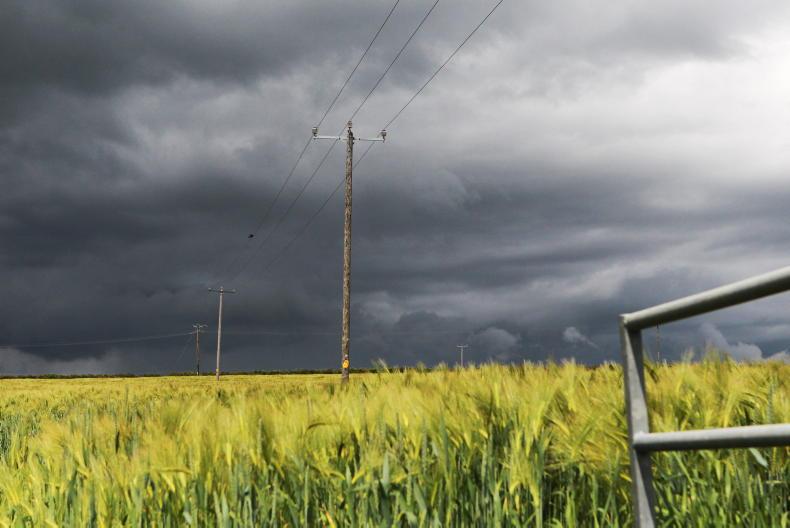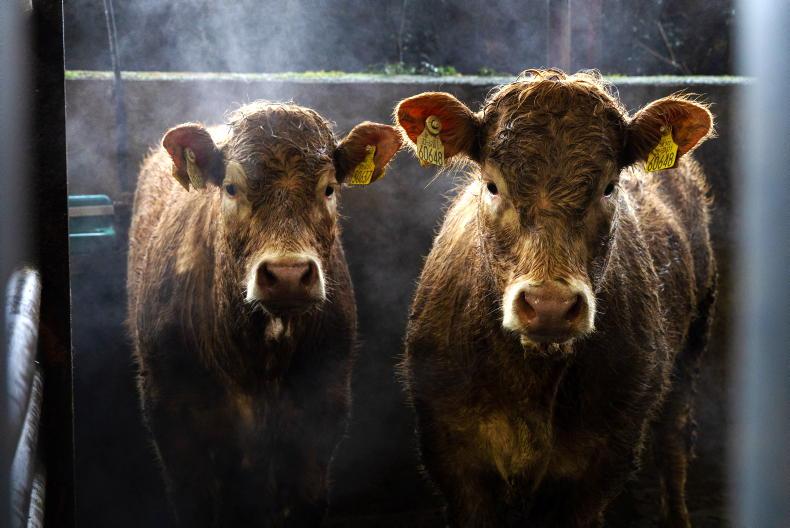The Land Reform Act (Scotland) 2016 and the Scottish Land Commission (SLC) which it established are about to celebrate their second and first birthdays, respectively. Much has been achieved so far, for example the introduction of the Modern Limited Duration Tenancy (MLDT) and an extension to the list of those to whom an agricultural tenancy can be assigned. Hotly contentious issues remain, however, including how to set a ‘fair rent’ for rent reviews and community right to buy.
Over the next four issues, Farmers Journal Scotland will explain and examine some of these issues. This week; an overview of land reform, the work of the Scottish Land Commission and its Tenant Farming Commissioner, Bob McIntosh.
Meet Scotland’s first Tenant Farming Commissioner: Bob McIntosh
Bob McIntosh’s background is in forestry and land management. He was a hill farmer for about 15 years in Northumberland, head of the Forestry Commission in Scotland before being seconded to the Scottish Government where he led on forestry and environmental matters.
“The Land Reform Act 2016 sets out a number of duties for the Tenant Farming Commissioner which I’ve been working my way through,” Bob tells the Farmers Journal Scotland.
“One of the key things is preparing codes of practice to guide procedures and behaviours on key points of contact between landlords and tenants.
“We’ve been preparing and consulting on codes with these key industry bodies: The Scottish Tenant Farmers’ Association, Scottish Land & Estates, NFU Scotland, the Royal Institute of Chartered Surveyors, and the Scottish Agricultural Arbiters and Valuers Association.
“This means the codes are signed up to by the industry and not just produced in isolation by me. So far we’ve managed to agree codes which everyone has signed up to, which has been good.”
The group of stakeholders have recently published a guide on repairs and maintenance obligations between landlords and tenants, and one on late payment of rent is currently out to consultation.
Keeping pace with changes in farming
Bob has also been asked to make recommendations for changes to the list of improvements to agricultural holdings legislation which are eligible for tenant’s compensation, for example slurry stores and renewable energy installations.
Progress so far
Bob is upbeat about the effect of the Scottish Land Commission and his work so far.
“I think the fact that we are having these codes and there is a Tenant Farming Commissioner is having an influence on behaviour for the better.
“People, whether they are a landlord, a tenant or an agent, know that if they behave insensitively or badly in any way there is a sanction and they can be held to account for breaching a code; people can complain to the Land Commission, we can carry out an enquiry and issue a determination,” he clarifies.
Fortunately, as far as Bob is concerned, he has not yet had to refer any cases officially.
“If someone thinks someone has not behaved according to the code, people call me up and I speak to the other party. Success for me is if we never get a formal complaint about a breach of a code; it means people are following the code or we can sort it out without it becoming a breach.
“It is an ombudsman-type role at times between potentially warring parties. My key role is to promote good relationships between landlords and tenants; that is my overarching aim,” he continues.
The role of the agent
Bob’s other major task is to prepare a report on agents of landlords and tenants. “During the passage of the Act, there were a lot of allegations made that agents – while being an extremely important part of the system – some of the agents, through inexperience or insensitivity, can sour things rather than help,” he says.
The Scottish Parliament’s rural affairs committee [now environment, climate change and land reform committee] were sufficiently exercised by the problem to request further research into the matter, and Bob is preparing a report based on independent surveys commissioned by the SLC.
“I think there will be recommendations, but my impression is that most agents do their job very well. There is a proportion of times when these don’t go so well and I hope to make recommendations so these occasions can be minimised,” he reports.
The future of let land
“We’re doing work on how to bring the sector forward,” Bob reports. “We’re looking at new types of tenancy share-type arrangements and ways of bringing in young people [though] not through the traditional tenancy route.”
To help inform creative decision-making in this area, the Tenant Farming Commissioner has commissioned work from the James Hutton Institute: “It’s all about thinking about ways to help the sector and bring it forward.”








SHARING OPTIONS